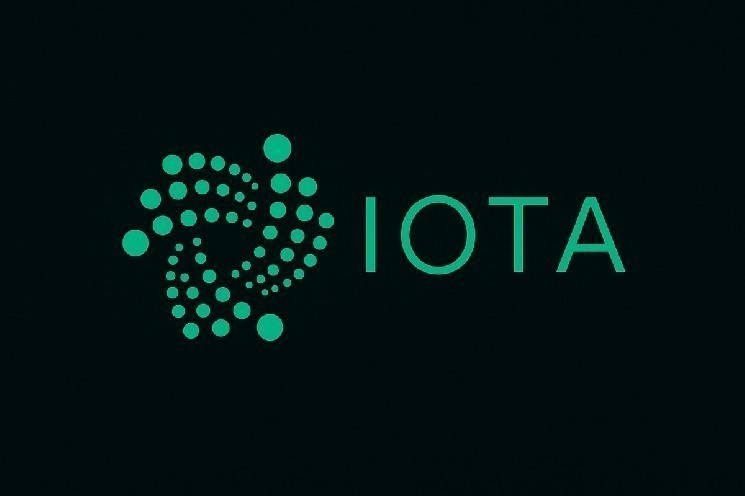This dependency, coupled with deep structural weaknesses in global trade finance, exposes the fragility of the world system. Analysts such as ID.iota have warned that the $2.5 trillion trade finance gap, representing a lack of funding needed to support trade, could be the tipping point for a major disruption in the way goods move across borders.
The analyst continues with more questions.
But why aren't Vietnam or Africa increasing REM production? Beyond sophisticated know-how and environmental constraints, the biggest hurdles are logistics and the global trade finance gap.
The answer lies in two hurdles. First is funding. Western financial institutions are currently bound by strict environmental, social, and governance (ESG) standards, making investing in REM, a business that involves hazardous and often radioactive materials, highly unattractive.
Then there's the logistics. Even if mines can produce raw materials, they need to find buyers and move those minerals across complex global supply chains, a challenge for small producers without established trade networks or financing in place.
Why IOTA is brought into the conversation
Trade Worldwide Information Network (TWIN) is a digital infrastructure built on IOTA's Distributed Ledger Technology (DLT) that was launched on May 8 in partnership with TradeMark Africa, the World Economic Forum, and the Tony Blair Institute. It provides a neutral, open-source platform for businesses, governments, and other trade stakeholders to share and manage data in real-time, moving away from fragmented, paper-based processes.
ID.iota explained that TWIN is ideally suited for this trade gap. First, Africa has rare earth resources that can counter China's dominance. The problem is that miners in Africa and elsewhere struggle to sell and export raw materials because international trade is fraught with red tape, financing hurdles and long payment delays.
Salus is a platform designed to step in as a trusted intermediary and eliminate the need for others to handle the complexities of global trade. Connect funders and suppliers through secure and transparent on-chain transactions, ensuring all transactions are verified and traceable.
Through TWIN, Salus registers these digital identities and credentials directly on the IOTA ledger, creating a trusted data trail. It also leverages IOTA smart contracts to automate key trade finance tasks such as ownership transfer and collateral management. And thanks to IOTA Move, participants can seamlessly execute these smart contracts through the Salus dApp without having to purchase or manage IOTA tokens.
To achieve this, Salus uses IOTA Identity, which manages digital details such as content, weight, and origin for each shipment. Decentralized identifiers (DIDs) and verifiable credentials allow all participants in the system to be uniquely verified.
“So what does this mean for $IOTA? $IOTA will become the digital backbone of global trade, recording every shipment, every border crossing, every customs clearance transparently and immutably on-chain,” he says,
We're talking about billions of dollars of trade over the next few years. Billions of dollars of receivables tokenized on-chain. The TVL settlement is in the billions of dollars. We're talking about hundreds of millions of transactions per year.

